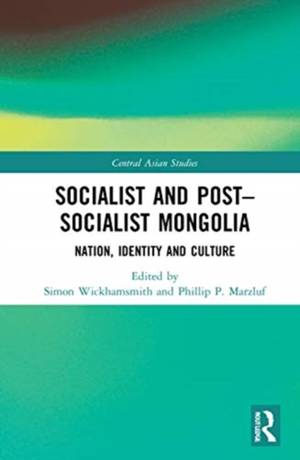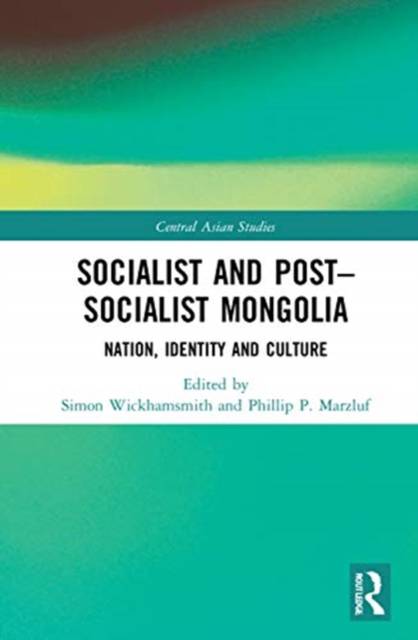
- Afhalen na 1 uur in een winkel met voorraad
- Gratis thuislevering in België
- Ruim aanbod met 7 miljoen producten
- Afhalen na 1 uur in een winkel met voorraad
- Gratis thuislevering in België
- Ruim aanbod met 7 miljoen producten
Socialist and Post-Socialist Mongolia
Nation, Identity, and Culture
Omschrijving
This book re-examines the origins of modern Mongolian nationalism, discussing nation building as sponsored by the socialist Mongolian People's Revolutionary Party and the Soviet Union and emphasizing in particular the role of the arts and the humanities. It considers the politics and society of the early revolutionary period and assesses the ways in which ideas about nationhood were constructed in a response to Soviet socialism. It goes on to analyze the consequences of socialist cultural and social transformations on pastoral, Kazakh, and other identities and outlines the implications of socialist nation building on post-socialist Mongolian national identity. Overall, Socialist and Post-Socialist Mongolia highlights how Mongolia's population of widely scattered seminomadic pastoralists posed challenges for socialist administrators attempting to create a homogenous mass nation of individual citizens who share a set of cultural beliefs, historical memories, collective symbols, and civic ideas; additionally, the book addresses the changes brought more recently by democratic governance.
Chapters 2 and 3 of this book are freely available as downloadable Open Access PDFs at http: //www.taylorfrancis.com under a Creative Commons Attribution-Non Commercial-No Derivatives (CC-BY-NC-ND) 4.0 license.
Specificaties
Betrokkenen
- Uitgeverij:
Inhoud
- Aantal bladzijden:
- 268
- Taal:
- Engels
- Reeks:
Eigenschappen
- Productcode (EAN):
- 9780367350574
- Verschijningsdatum:
- 4/03/2021
- Uitvoering:
- Hardcover
- Formaat:
- Genaaid
- Afmetingen:
- 157 mm x 234 mm
- Gewicht:
- 544 g

Alleen bij Standaard Boekhandel
Beoordelingen
We publiceren alleen reviews die voldoen aan de voorwaarden voor reviews. Bekijk onze voorwaarden voor reviews.











